How might the history of freethought inspire its development in the 21st century?
I was recently interviewed by Christoph De Spiegeleer via Zoom about the history of freethought and open enquiry and their future, both in Britain and around the world. De Spiegeleer is a Research Fellow at Liberas, a heritage and research centre for the history of the liberal movement and the freedom ideal in Ghent, Belgium.
The full audio recording of the interview (in English), with a written introduction (in Dutch), is available on Liberas’ website; it can also be accessed on YouTube. Below is an edited and abridged version.
We discuss the relationship between freethought, secularism and humanism, and their namesake organisations in the UK; why secularist issues like disestablishment still matter; how the religious mentality can recur in many guises; and why satire and irreverence are vital to the open society.
~ Emma Park, Editor
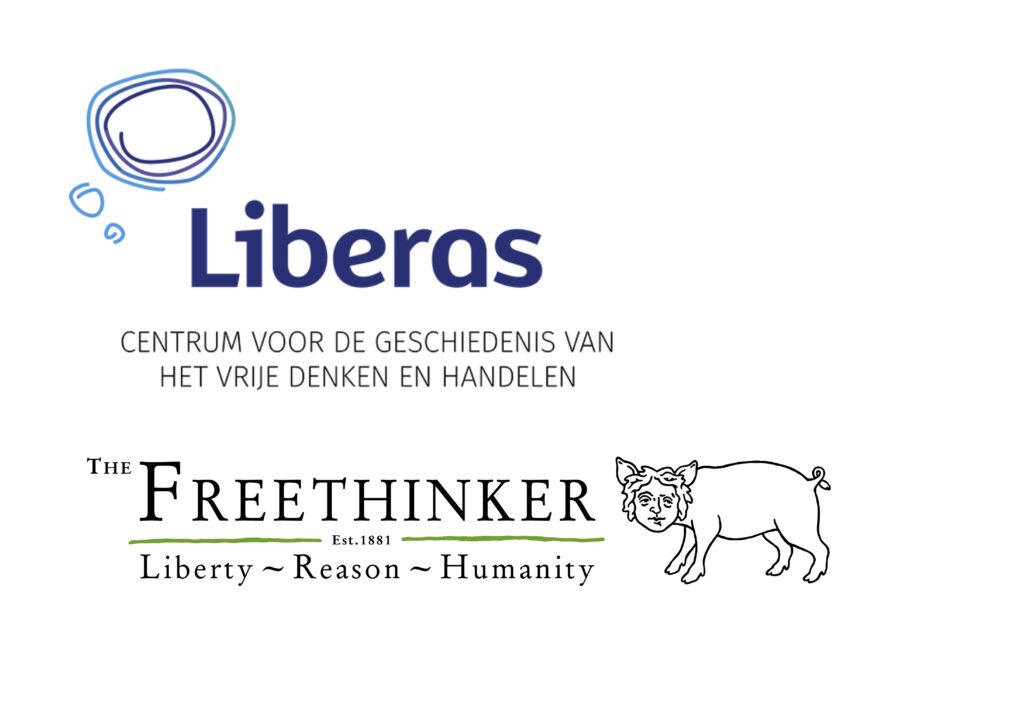
Christoph De Spiegeleer: How does one become the editor of the Freethinker today?
Emma Park: There are two main magazines of freethought in Britain. One is the Freethinker and the other is the New Humanist. The NH was founded not long after us (in 1885). The Freethinker was founded in 1881 by G. W. Foote, who would go on to be the second president of the National Secular Society. From that perspective, it has long been closely associated with the NSS. But it has always been technically independent because it is published and mainly funded by an independent company, Secular Society Limited. It went online in 2014, and that was simply because it was too expensive to stay in print.
I am now trying to find ways of making the Freethinker relevant in the third decade of the 21st century. It is important for the magazine to be independent, both of the National Secular Society and Humanists UK, but also to be a voice for secularists, humanists and those of a liberal, non-religious disposition in general. It is necessary to rethink what freethought means, why it matters, and what the challenges are. Even in the 19th century, religion was only one issue among many of relevance to freethinkers; today that is still true.
De Spiegeleer: How do you see the relationship between the Freethinker today and explicit atheism and republicanism?
Park: The Freethinker is a freethought magazine. We are more or less atheist and republican. ‘Freethought’ means the stance whereby you question everything. You start from a position of no knowledge and you use the tools you have, of reason, observation, logic, reflection, critical enquiry and the scientific method, where appropriate. The freethinking attitude is naturally to question religious superstition and authority, as well as all other forms of dogma and authoritarianism.
The Freethinker is atheist or strongly agnostic in that its starting point is that there is no evidence for any god. Is it republican? Certainly as a matter of principle. It questions the authority of the ancient, hierarchical system of the monarchy, which seems totally irrelevant to today’s world and out of keeping with the idea that all people are equal.
On the other hand, the question of what to do about the monarchy touches on the distinction between cultural liberalism and political liberalism.
You can have the culture and the principle that having a monarchy is a bad idea, but then the question is how to actually abolish it. When is the right time to do so? What system should it be replaced by? That is a political issue. As a magazine, we do not take a stance on the specific practicalities of how this should be done, because it is an incredibly complicated question – but we would certainly urge contributors to debate it. We have also published a cartoon satirising the current state of Britain’s monarchy.
De Spiegeleer: From the beginning, G.W. Foote used satire and cartoons to ridicule Christian beliefs. He actively courted outrage. Is this still an important legacy for the Freethinker today? Do you still find it important to use cartoons and satire to criticise religious beliefs?
Park: Satire and and cartoons are still important. Irreverence matters, because in order to have truly free thought and speech, you have to be able to laugh. To laugh at authority is a way of questioning it. If you cannot laugh at authority, it means you accept it.
What form that satire and those cartoons should take changes with the times. Foote conceived the Freethinker from the perspective of the working class man who was criticising the hierarchy of state religion, which was imposed from the top down on people like him. For instance, there is one, called ‘Moses Getting a Back View’, which is a sketch of Moses looking at the seat of God’s trousers. Today the humour in this cartoon would probably seem crude, especially since these cartoons of Old Testament characters often seem to have an antisemitic edge in the way they depict Jewish people, or at least could be interpreted that way.
Nevertheless, I think there is still a place for satirical cartoons. The magazine that has arguably done the most to demonstrate this in Europe is Charlie Hebdo. It has an important role to play in the broader European culture of satire and the criticism of religion.
We cannot do what Charlie Hebdo does because we do not have the resources. Our approach is also a little gentler and less caustic. However, as far as circumstances allow, we do commission satirical and irreverent cartoons. Our main cartoonist at present is Paul Fitzgerald, aka Polyp, who describes himself as a ‘radical cartoonist’. He has drawn cartoons for us about religion, Rushdie, the culture wars and more. We also recently commissioned the Jesus and Mo cartoonist to create a special edition of his cartoon strip on the theme of civil liberties.
Again, it is a question of taste, and of putting the cartoon into a context which is relevant. I would not want to use cartoons to gratuitously attack religions or to perpetuate stereotypes or generalisations, but rather to make a specific point.
De Spiegeleer: Is the disestablishment of the Church of England still a major issue for the secularist movement in the UK? And what is the role and the position of the Freethinker in this regard?
Park: Yes, disestablishment is still very important.
Historically, the term ‘freethinker’ comes into the English language in about the late 17th or early 18th century (see the Wikipedia entry for an overview). At that time it was used for people who were not necessarily atheists – because that was still very much a term of abuse and incrimination – but people who questioned the established church. There is also a long tradition of independent artisans in parts of the UK, for instance in Northampton (later Bradlaugh’s constituency), who valued self-reliance above state interference.
In the English Civil War of the 1640s, all sorts of radical sects arose who were not necessarily atheists, but who questioned the authority of the Anglican church – the Ranters, the Diggers, the Levellers, and so on. You can see a rebellious, even iconoclastic criticism of religion developing during this period, all the way up to someone like Thomas Paine in the late 18th and early 19th century, whose Age of Reason attacked what he called ‘priestcraft’. Paine was a deist, not an atheist, but he certainly opposed established religion.
Resistance to established religion is a resistance to a religious and political hierarchy. It is resistance to being told what to think. It is part of the idea of liberty, which has a very strong tradition in Britain. One of the key things the Freethinker aims to do is to champion liberty, because I think we in Britain have lost sight of its importance in the last six or seven years. ‘Liberty’ has become a dirty word, contaminated on the political left and right by all the things that have happened. But I think it really, really matters.
To return to disestablishment, as long as you have an established church, you have the state saying that religion is not only a part of the national identity, it is a part of the constitution. The monarch is the head of the Church as well as the head of state. It is very strange to imply that God is somehow involved in the monarchy – or that bishops should be in the House of Lords. The only other country in the world that has clerics in its legislature is Iran.
Disestablishment is essential to secularism, to freethought, to having a society in which people really are able to think and act for themselves without being pushed in a certain direction, as tends to happen when religious organisations are given political power.
According to the 2021 census, less than half the population are Christian, and 37.2 per cent have no religion. Yet religion is part of the fabric of public life in Britain in a way which clashes with the lack of religion in the lives of many of its inhabitants.
De Spiegeleer: I am wondering whether there is a difference between an organisation like the National Secular Society and Humanists UK when approaching the role of religion in British public life. Do you see a difference between, say, a humanist, a secularist and a freethinker when they approach this important issue or not?
Park: Yes, there is a difference. I should say, in the interests of transparency, that I am at the moment a member of the National Secular Society, but not of Humanists UK. And having done podcasts for the NSS, I know a little more about it than HUK. But I should stress that I cannot speak for either organisation – the Freethinker is independent of both. That is deliberate, because we say things that neither the NSS nor HUK would necessarily want to say or would agree with.
The NSS is a political campaign group that aims to challenge religious privilege. Its aims are narrow, and it is much smaller than HUK. But their histories are intertwined.
HUK was founded in 1896, not long after the NSS (1866), as the Union of Ethical Societies. HUK today covers a lot of the same ground as the NSS, even if they view secularism as a sub-category of humanism. I recently interviewed Andrew Copson, who is the president of Humanists International and the Chief Executive of Humanists UK. From what I gather, they are trying to define humanism, to foster it as a cultural and political organisation, and to provide the services I referred to (as a substitute for religious services of a similar kind). They are a charity, unlike the NSS, because they have broader aims, and they publish books about humanism as well. They also provide the secretariat to the All Party Parliamentary Humanist Group.
I know many people who are supporters both of HUK and the NSS. The organisations have had their differences, which is why they do not cooperate, unfortunately, as much as they ought to on these issues.
I would probably consider myself a secular humanist if I knew what humanism was. Humanism is a difficult term and it means different things to different people. HUK have put together a Humanist Heritage website in which they include many people from the past who would not necessarily have described themselves as humanist. In this sense, ‘humanist’ is used as a heuristic label. But HUK also uses ‘humanist’ of their own organisation, which has very specific political and campaign ends, as well as a distinctive ethical approach. I question whether these different uses of ‘humanist’ are always consistent.
The appeal of freethought is that it is not a philosophy, but just a starting point. Questions of how to live, how to behave, what to think, what one’s culture should be, are difficult and complicated, and, I would argue, cannot easily be answered by one ethical system.
Freethought is a critical stance. It is individualist, not collectivist: it treats the individual as an end, not a means. In many religious and political ideologies, the individual is treated to some extent as a means to a greater end – communism is an extreme example. In my view, the ability to experience life, culture and the world, and to flourish, is something that can only be done at the level of the individual human being. This approach draws on a humanistic tradition which goes back to the classical world via the Renaissance.
The Freethinker aims to encourage a culture in which people can talk rationally about difficult issues. Speaking and thinking freely are acquired skills, like speaking a language – use it or lose it. Today, the Freethinker aims to step back from the political-cultural polarisation of the ‘culture wars’ and to criticise everything. As a result, we have ended up exploring controversial political topics from perspectives which would doubtless be unpopular to one side or other, or both. But we are trying to foster a liberal culture, in which people can discuss controversial issues rationally and without fear, anger or prejudice.
De Spiegeleer: What are the guidelines that everybody should respect in order to have a civilised culture of free speech in the Freethinker?
Park: This question is fundamentally about deciding what you as a magazine mean by free speech: what you want your culture to be, what you would and would not permit. The approach we adopt is to permit more or less everything to be discussed that can be discussed within the limits of English law and within the spirit of the Freethinker. We allow the offensive, but draw the line at the grossly offensive – which is a matter of judgement and taste in the circumstances. But this is something that we have to keep thinking about because things can change so rapidly. With the aid of the Secular Society board, I have put together Community Guidelines for comments: these also apply to our contributors.
Speech is not just about what you say, but how you say it. The Freethinker encourages clarity, objectivity, logic and, as far as possible, intellectual honesty. In our guidelines for contributors, we also discourage punditry, pontification and rants.
Enjoy this article? Subscribe to our free fortnightly newsletter for the latest updates on freethought.


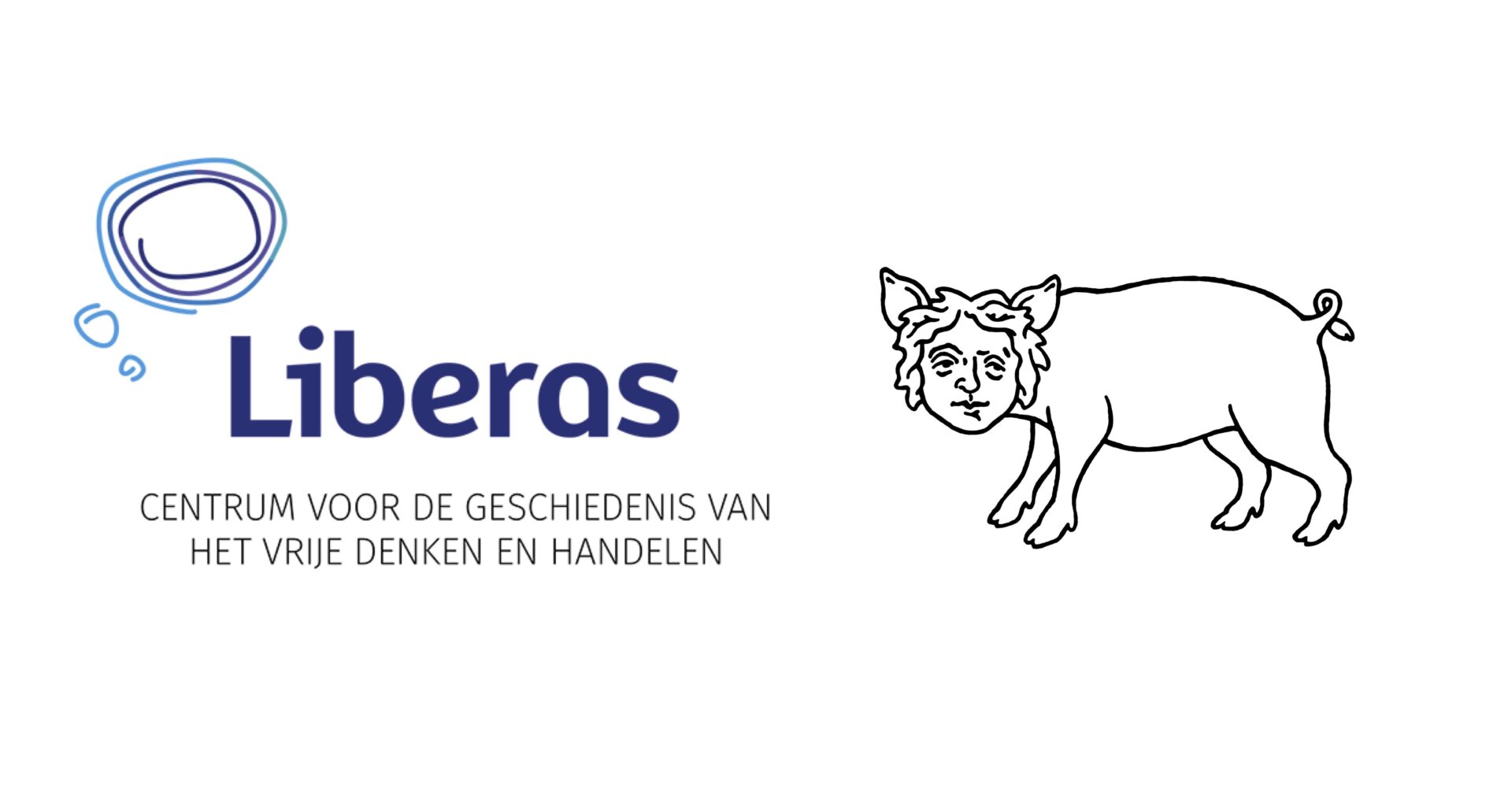

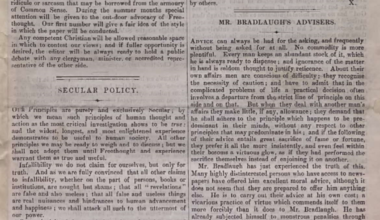
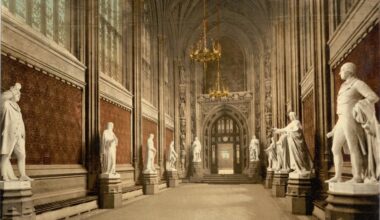
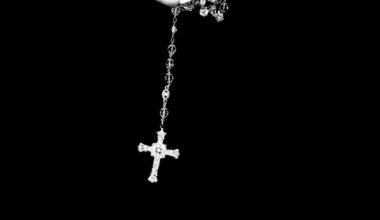
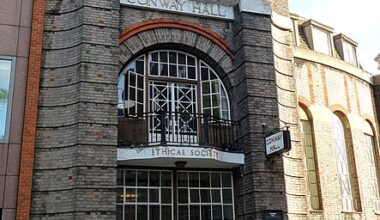
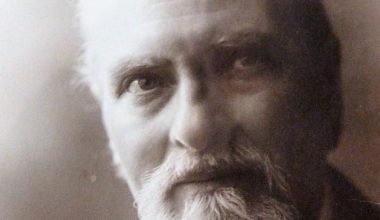
1 comment
The article “Freethought in the 21st Century” underscores the need for freedom of thought/belief and a neutral public sphere; in the Indonesian context, these themes align with UNISSULA journals that supply a normative and pedagogical scaffold: state duty to protect freedom of religion/belief (the Sampang case) in Jurnal Pembaharuan Hukum
Your email address will not be published. Comments are subject to our Community Guidelines. Required fields are marked *
Donate